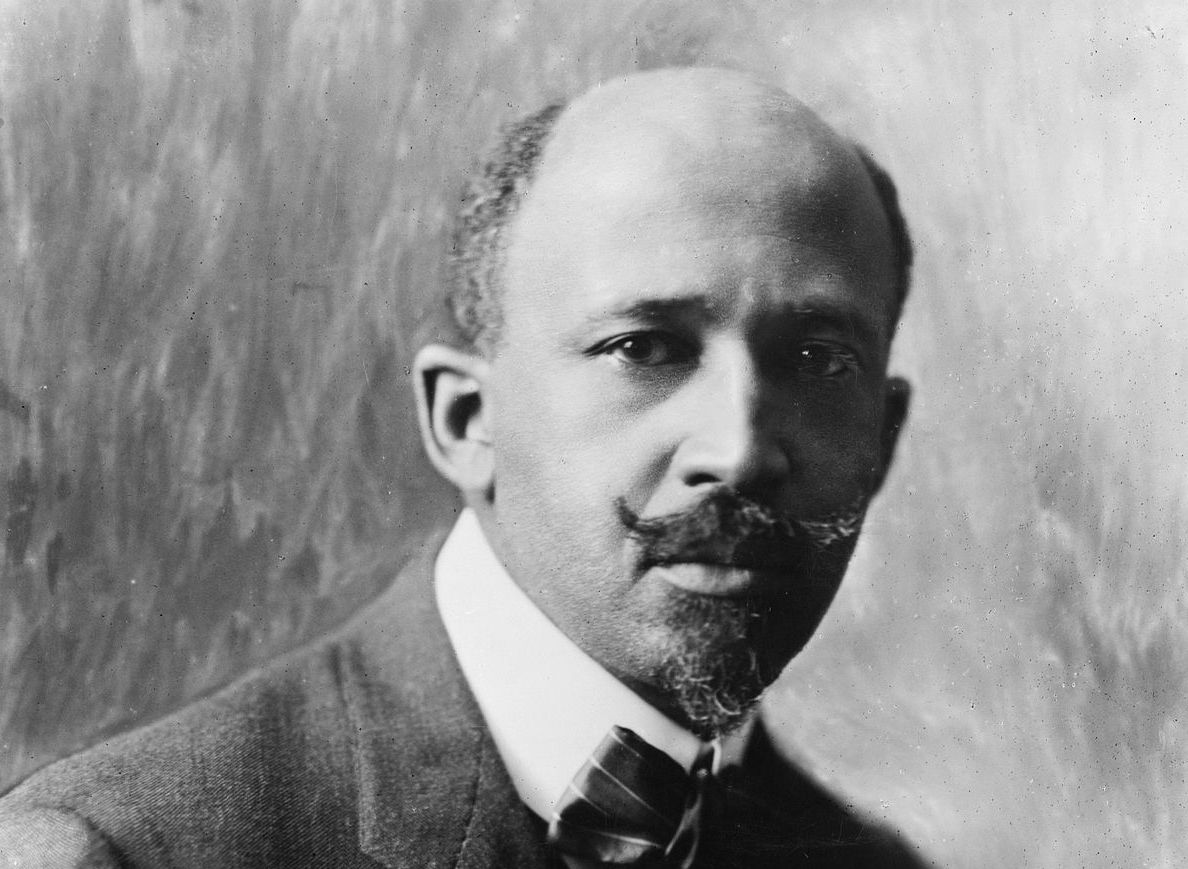St. Paul is still relevant today, and not just in the general sense.
Paul is relevant today in what has become something almost like historical déjà vu. When Paul began traveling across Palestine and then Asia Minor and Europe, the Church was quickly characterized by Gentile converts filling pew space next to their Jewish brethren. Soon enough, congregations sprang up and were dominated by non-Jewish Christians. The shift in ethnic identity from Jew to Gentile created no small amount of consternation among both parties and Paul filled his epistles with strong reminders that the Body of Christ is unified, not by racial or ethnic purity, but because it is fundamentally a new creation and is made up of men and women who are, at their core, people transformed by a work of grace.
“For you are all sons of God through faith in Christ Jesus. For ye are all the children of God by faith in Christ Jesus. For all of you who were baptized into Christ have clothed yourselves with Christ. For as many of you as have been baptized into Christ have put on Christ. There is neither Jew nor Greek, there is neither slave nor free man, there is neither male nor female; for you are all one in Christ Jesus. There is neither Jew nor Greek, there is neither bond nor free, there is neither male nor female: for ye are all one in Christ Jesus. And if you belong to Christ, then you are Abraham’s descendants, heirs according to promise.” (Galatians 3:26—29)
To the heterogenous churches in America these Pauline pronouncements sometimes seem axiomatically obvious. However, at the time they were penned (and today, upon deeper reflection) they were revolutionary. The Jewish religion had, for ages, been defined primarily in terms of a physical identity that corresponded with a spiritual one. A Jew was a circumcised male, or the female progeny of one, who traced his lineage to Abraham. If any non-Jew wanted to be accepted into the community, he had to become Jewish: physically, ethnically, religiously, and culturally. Many Gentiles found this price too high to pay and so remained among the resident aliens who dwelt with the Jews but were never granted equal status.
When Jesus came, and Paul after Him, all of this was changed.
Login to read more
Sign in or create a free account to access Subscriber-only content.
Topics:
